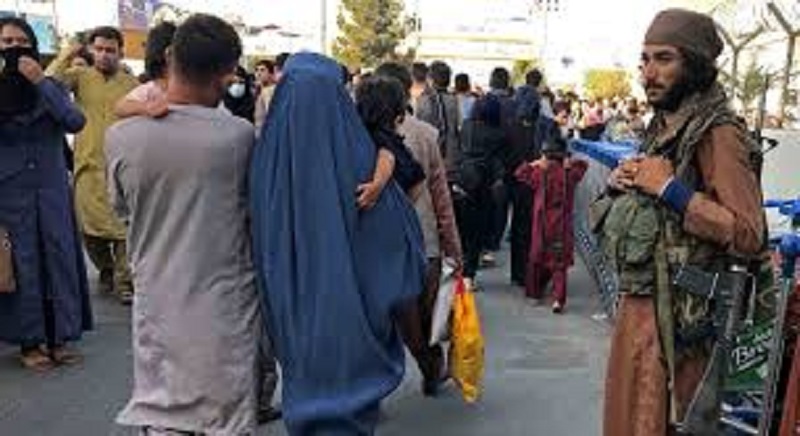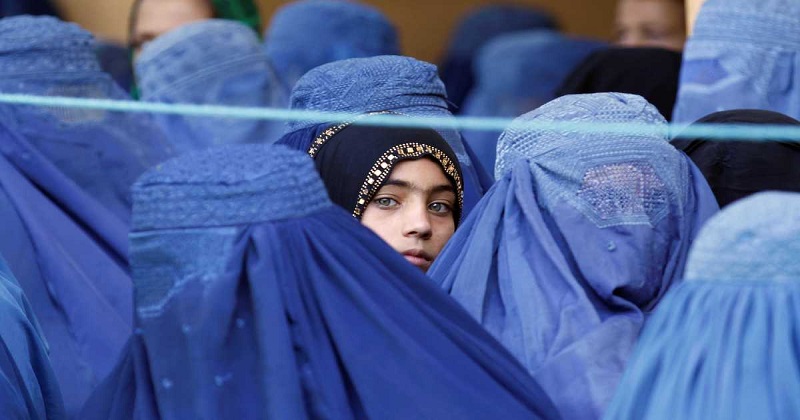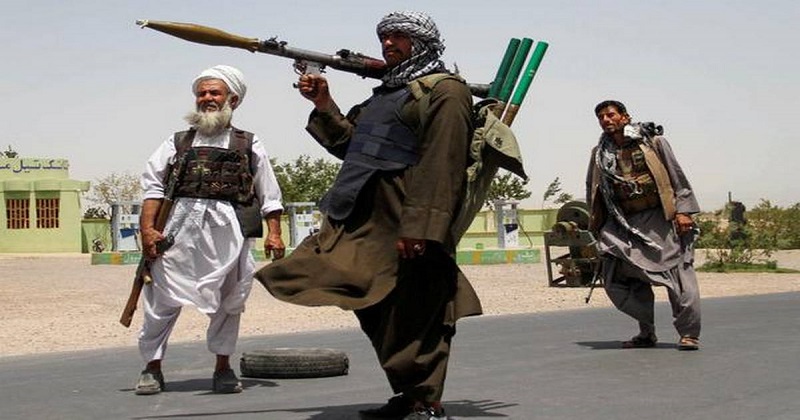
An era in Afghanistan that lasted 20 years ended on Tuesday and a new phase began amid fears and wild speculations of the new rulers in Kabul. The much-awaited withdrawal of foreign forces from the war-ravaged country finally materialized with the August 31 deadline met by the US, European Union and non-EU countries.
The days leading to the deadline had been chaotic with a fortnight long evacuation drive that saw the scared Afghans in thousands desperately trying to fly out of the country in a last-ditch attempt which culminated in one of the worst suicide attacks at the Kabul airport, killing around 200 people, including 13 US service personnel, and injuring hundreds. The evacuation itself remains incomplete as hundreds of Afghans, including those who are vulnerable to witch-hunting by the Taliban, have been stranded, not being able to reach the airport.
Now with no presence of foreign forces in the country and the governance returning to the hardcore Taliban, everyone is waiting, keeping fingers crossed. Whether the Taliban have changed and if so, would they allow Afghan men and women to live an ordinary life sans turban, beard and burqa? Would they let girls get education and women go to work along with men? The questions concerning the ordinary life of Afghans is numerous and any response in this regard is hardly to come by for the time being.

Only the unfolding political events in Kabul under the Taliban hegemony shows the way forward. Unfortunately, in case they turn brutal and proceed with vengeance on anything that is against their beliefs, common people will have to relent immediately, sacrificing many a good thing that happened in the last two decades in their lives.
It is unlikely that the Taliban could reverse all the achievements made in the past 20 years even if they rule the country as per the Sharia laws. This time the Taliban leaders seem to present themselves as modern and to be considerate of other voices raised in the country and outside.
The only relief is that these 20 years have brought in considerable changes to people’s lives. Even ordinary Afghans have diverse views and guts to express it. They have also learnt to respond to the events taking place in their surroundings, regardless of the flag of the perpetrators. Apart from this, their traditional rival, the northern forces, and the new entrants ISIS-K have not yet come in terms with the Taliban leadership, so there won’t be an easy walk for the Taliban in the coming days. Tortured and humiliated for years by the Taliban fighters, minorities Hazara and Tajiks will never keep quiet as long as the Taliban remain in Kabul without sharing power. The northern forces will sure mount resistance to the new government unless there are meaningful negotiations. If the Taliban remain adamant as usual and refuse to listen to them, that may lead to a full-fledged civil war again.

The exit of the US and allies will increase the Taliban’s firepower as they are in possession of large amounts of arms and ammunition left behind by foreign troops. They have also seized huge caches of firearms from Afghan forces. In addition, dozens of war planes and helicopters, several pick-up vans and armored vehicles and other artillery machines add to the Taliban inventory. If the Taliban use them to suppress their rivals, it could be disastrous.
It’s a mere hope that the Taliban have changed, are willing to negotiate and will take others along with them in the government. This is one opportunity for Afghanistan to put the curtain down forever on the gory past and to begin a new chapter. Of course, it is possible now if the Taliban decide and lay down fresh guidelines for a government acceptable to most Afghans.

After many decades, the country is free of any external forces, say no Brits, no Russians, nor Americans. The Taliban can now decide the course of Afghanistan, ending domestic violence and bloodshed forever, shutting the doors on interference from outside and the radical elements like al-Qaeda and ISIS, and extending peace with neighbours.
KS Rajagopal

Post Your Comments